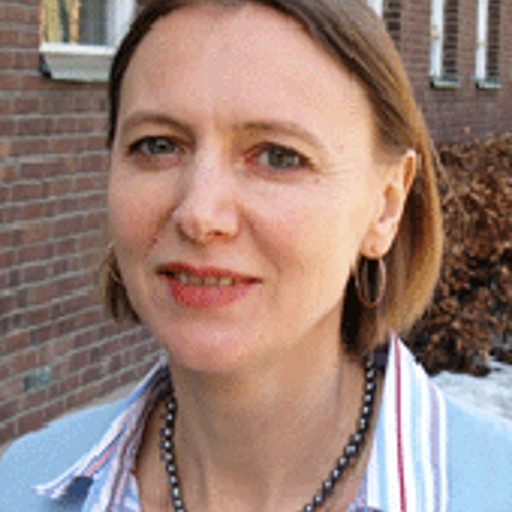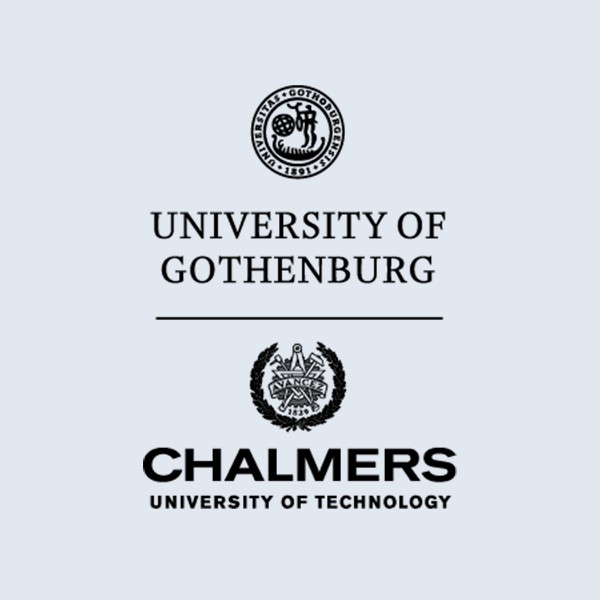Analysis and probability theory are fundamental mathematical disciplines based on the study of functions and operators, function spaces, measures, and randomness. These fields tackle fundamental questions related to the behavior of complex systems, bridging abstract mathematical theory with real-world applications in physics and applied mathematics. Our researchers within the Analysis and Probability Division push the boundaries of these areas, advancing theoretical foundations and their applicability.
The members of the division run their own independent research program (see personal web pages below), including collaborations with postdocs, PhD students, and international collaborators. Many members also take part in the research groups listed below. The Division has a weekly seminar, with talks by both national and international colleagues and guests.

Analysis

Mathematical Physics

Probability Theory
Head of division
- Head of Division, Analysis and Probability Theory, Mathematical Sciences
Head of unit
- Head of Unit, Analysis and Probability Theory, Mathematical Sciences


